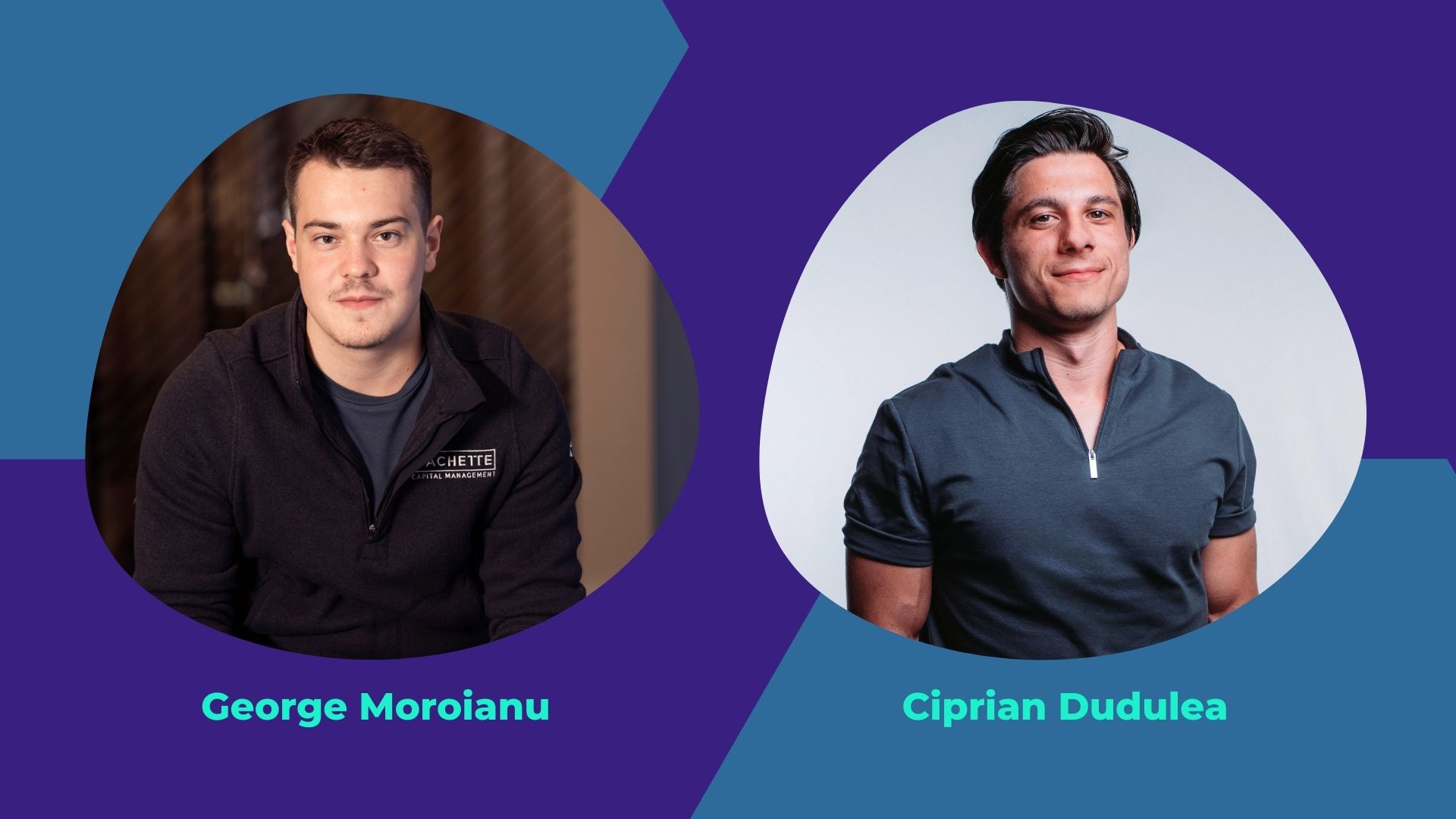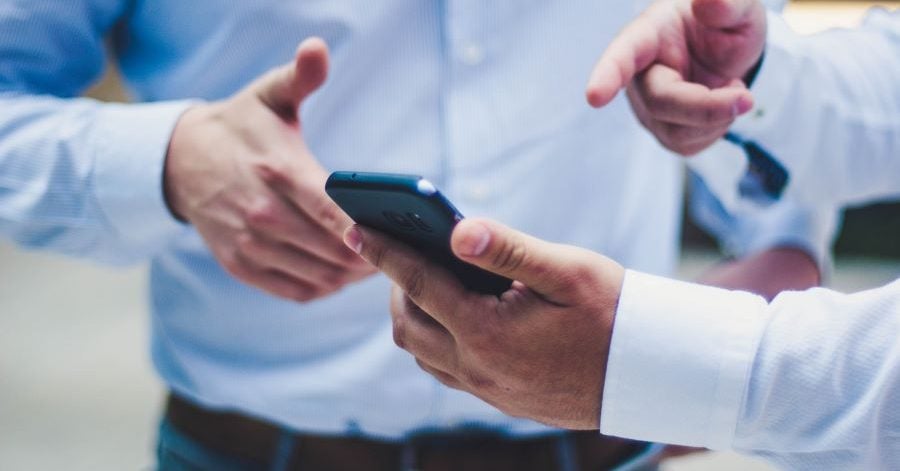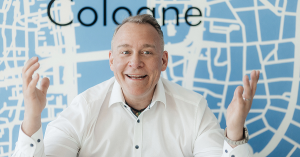With sustainability on everybody’s mind, Romanian entrepreneurs are tackling various verticals within the circular economy. One niche that is gaining traction is trading with refurbished phones. Two ecosystem players sharing the market in Romania are former Fenix.eco, now Recommerce Devices & Solutions Romania, and Flip.
The first one, founded in 2020 by Gregoire Vigroux, Adrien Arnoux, and Hector Destailleur, is a marketplace for refurbished phones, which was acquired by a French company in July, and it aims to save raw materials and limit CO2 levels.
The second one was founded in 2019 by Alin Luca, Alex Burghelia, and George Moroianu and it aims to change people’s habits with sustainable technology options while establishing a key position in CEE in the next few years.
The Recursive takes a closer look at what are the drivers of this niche.
“Refurbished and second-hand goods are not as stigmatized as they used to be, but rather are starting to be seen as the smart, environmentally-conscious option, which opens a lot of opportunities. This model can be applied to various verticals and work as well as it did for the electronics and auto markets,” George Moroianu, co-founder of Flip, tells The Recursive.
Ciprian Dudulea, an investor in Flip, believes that from a financial perspective, it doesn’t make sense to buy a new phone. His team did thorough research of the market before investing half of the profit from the digital marketing agency he co-founded. “People are willing to buy a secondhand phone if it looks and works like a new one, verified with a one-year guarantee, a 14-day option to return it, and at 30%-50% of the initial price,” he explains.
Refurbished phones buyers and sellers journey
In Romania, people used to sell and buy second-hand devices on websites like OLX. This is an online marketplace for new and used goods such as gadgets, from tablets to mobile phones. But this experience doesn’t offer vetted phones, guarantees, or even safety during transactions, face-to-face or digital ones, both for the buyers, and the sellers.
“You don’t know the guy that you are going to meet; you don’t have the technical know-how to evaluate the state of the phone; not to mention that for women, meeting a stranger in the night to buy a phone is pretty scary,” Dudulea describes the buyers’ disadvantages.
According to Flip discoveries, purchasing a second-hand phone from general marketplaces is like the Russian roulette game. The team claims a 30% chance of buying a device with hidden issues that not even the owner is aware of.
“Roughly 1/3 of phones we receive for sale have a technical issue and need refurbishing. The most common repairs are battery replacements, followed by display changes,” Moroianu explains.
Dudulea added that what Flip does is to take the hassle out of this exchange for sellers. “You complete the quiz online, a small questionnaire about the state of the phone. Then, they pick it up via a courier, and you wait for the money to enter into your bank account when the phone is sold”, he exemplifies.

Refurbished phones market players
The other player on the market, Recommerce Devices & Solutions Romania, is trying to get the telecoms on board.
In July, the company announced an initiative with Orange Romania, Internet service and mobile provider. Titled “Premium for me and nature”, the campaign offers customers the opportunity to buy refurbished smartphones online with a 12-month warranty. With this project, both companies aim to reduce the impact of e-waste on the environment.
The Orange refurbished premium phones, like iPhone 8, iPhone Xs, and iPhone XR, are devices owned before by other users which have been reconditioned. This means that they have been cleaned, repaired, and have an eco-friendly green tag.
While Recommerce Romania is in its first year on the market, Flip closed 2020 with €2.5M in revenue. “Building the initial product was quite intuitive because we did it to solve our own needs,” shared Moroianu.
He was encouraged to launch the startup when he was in his third year at The Entrepreneurship Academy, where he met Ciprian Dudulea. “Some teachers became our investors, mentors, and advisors. They gladly shared their networks and know-how with us,” Moroianu said.
Flip was the first startup that offered verified second-hand phones on the market. The initial investment in 2019 was €120K from V7 Capital, GapMinder, and difrnt., the digital agency co-founded by Ciprian Dudulea. It was followed by a €250K second round of investment in 2020.
A global market of €55B by 2024
Flip, where users can both sell and buy a second-hand phone, shares insights about the refurbished phones market and its consumers. Their research shows that around 750K second-hand products were sold in 2020 in Romania, with brands like Apple, Samsung, and Huawei covering the top spots.
“More and more consumers are starting to understand the benefits and to consider this option. The worldwide market of used phones had a 9.2% growth in 2020 (year-on-year) and is expected to continue to grow at an 11.2% CAGR until 2024,” Moroianu says, citing the IDC worldwide forecast for used smartphones.
For the following years, Flip co-founder is confident they will surpass the €100M milestone, with a presence in three new countries. They are planning an international expansion in Central and Eastern Europe.
“The circular economy mega-trend is here to stay. It will change the habits of millions of consumers, not only in the smartphone industry but in other verticals as well. It is an opportunity and a big responsibility for players in this industry to do their jobs well. Flip is well-positioned to become the leader in the refurbished device market in CEE in the next 3-5 years. We have the product quality, the technology, capital, and talent to make it happen,” Moroianu concludes.







